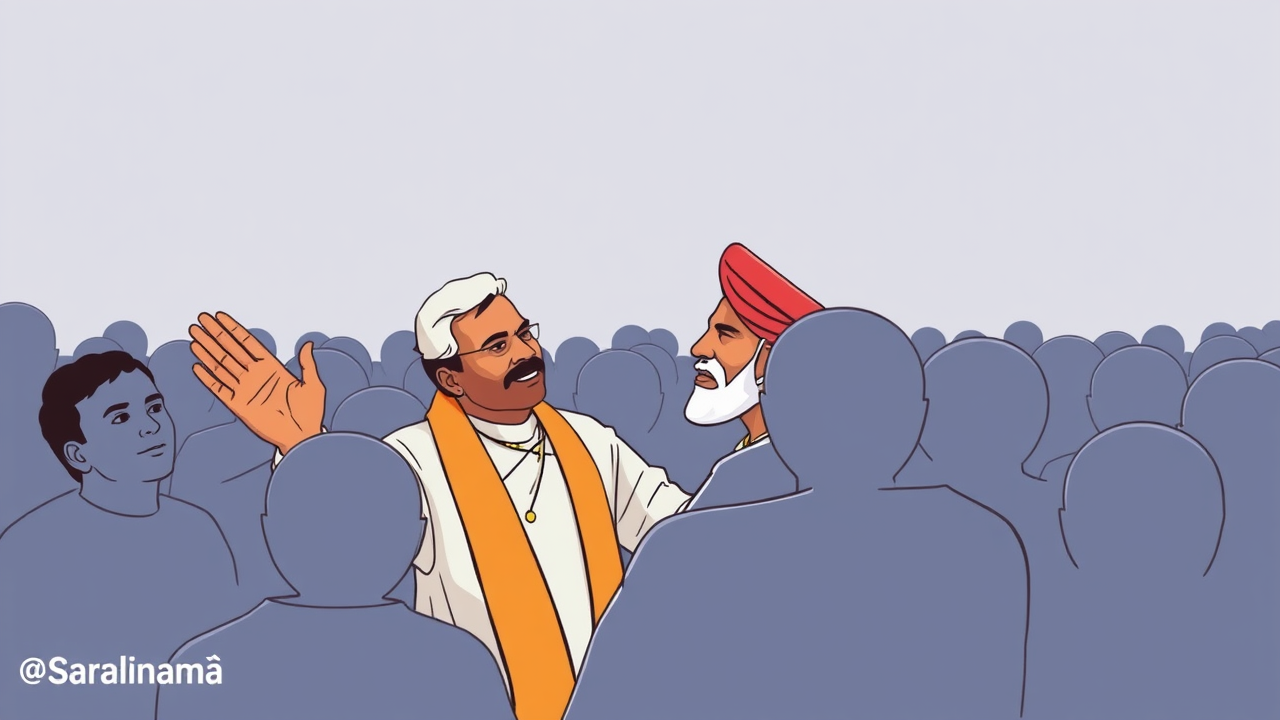Nitish Kumar, Bihar's longest-serving Chief Minister, has once again defied expectations by leading his JD(U) party to a stunning electoral victory, nearly doubling its seats from the 2020 elections. Despite lacking the charisma of Lalu Prasad or the organizational strength of others who emerged from the Jayaprakash Narayan movement, the 74-year-old leader secured his position for a 10th term as Chief Minister. His unbroken 20-year reign continues, built on governance reforms and welfare schemes targeting women and marginalized communities. The election campaign was marked by doubts about his health and political future, with critics questioning his government's welfare measures as signs of desperation. However, strong support from women voters and Extremely Backward Classes, combined with his reputation for bringing Bihar out of the 'jungle raj' era, ensured his victory. Nitish's ability to maintain power despite challenges from the BJP and changing voter demographics demonstrates his unique position in Bihar politics.

Building a Winning Coalition Beyond Caste
After assuming power in 2005, Nitish Kumar focused on fundamental governance issues including law and order, infrastructure, and basic services. This approach helped him build a unique political base in a caste-driven state, despite his own Kurmi community comprising less than 4% of the population. He cultivated support among Extremely Backward Classes, Mahadalits, and women, creating a coalition exceeding 20% of voters. His women-focused initiatives included bicycle distributions for female students, 50% reservation in panchayats, prohibition laws, and the recent Mukhyamantri Mahila Rojgar Yojana, which deposited Rs 10,000 into over 1 crore women's accounts. Women voters responded enthusiastically, surpassing men in both turnout and absolute numbers this election.
Maintaining Power Despite Health Concerns and BJP Pressure
While Nitish visibly shows signs of aging—often trailing off mid-sentence and relying more on trusted advisors like N K Singh, K C Tyagi, and former BJP member Sanjay Kumar Jha—he remains politically shrewd. The BJP pressured JD(U) into conceding 101 seats for vote-sharing, yet Nitish ensured his party avoided unwanted constituencies and secured BJP cooperation in managing LJP chief Chirag Paswan. JD(U) sources emphasize the BJP's dependence on Nitish, recalling how even the 2014 Modi wave failed in the 2015 Assembly elections when the Nitish-RJD alliance won 178 out of 243 seats. After multiple alliance switches, including his return to NDA in January 2024, Nitish retains control over succession timing and governance decisions.
Source: Link
